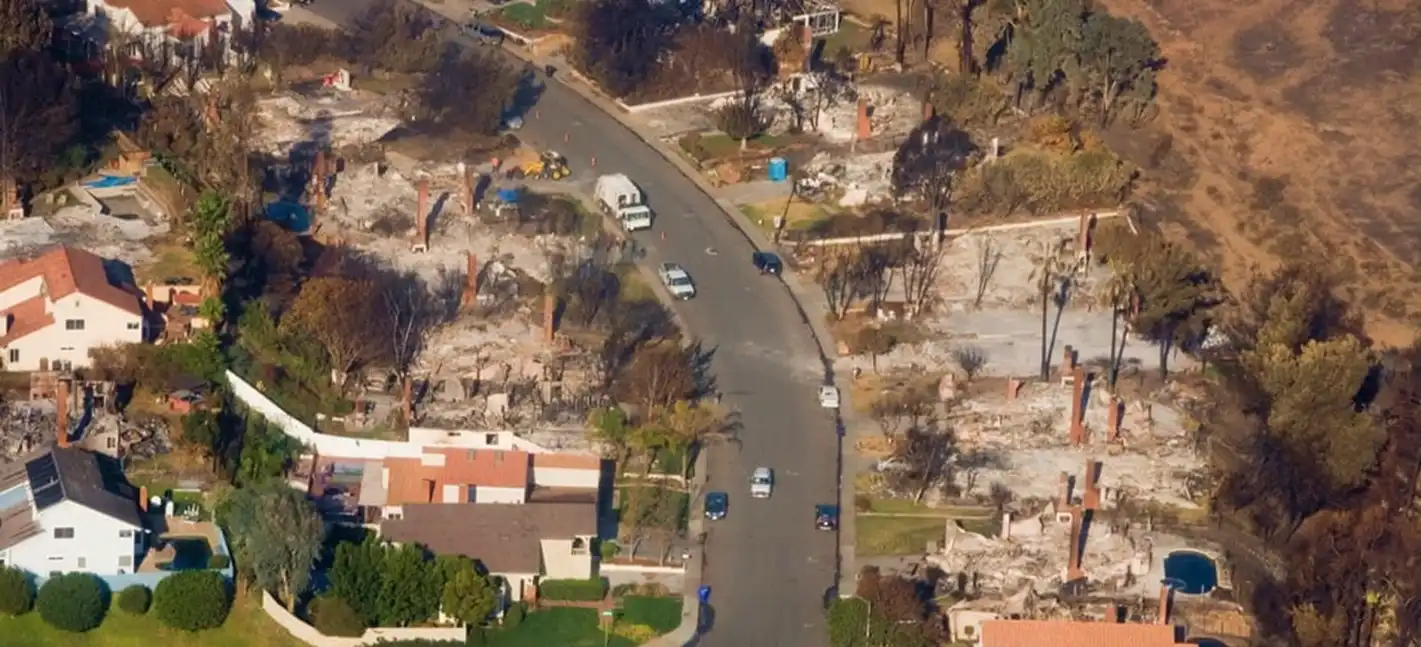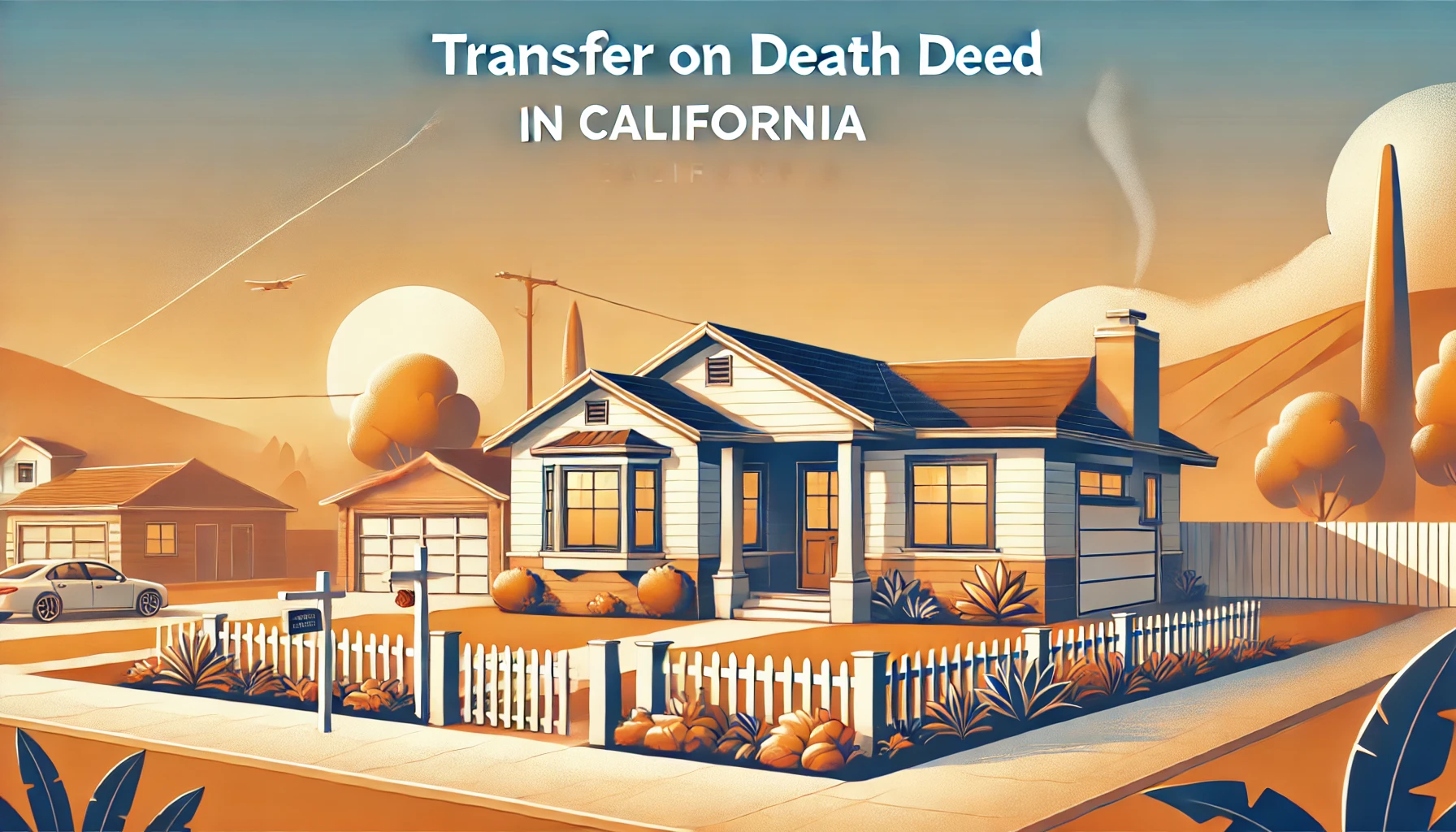Category: California
-

KB Home Introduces Southern California to Its First “Fire-Resilient” Development
“Nothing is ever fireproof. We’re always just seeking to try to narrow those paths of destruction.” — Roy Wright, CEO, Insurance Institute for Business & Home Safety KB Home, a large real estate developer, has just introduced the first U.S. “wildfire-resilient community.” It’s built to meet a set of standards developed by the Insurance Institute…
-

Follow That Land Rover! Deed Thieves in California Brought to Justice
Imagine someone gaining control of your home title through deed theft. Then they take a loan out against your home. Someone you don’t know. A loan never heard about. Then, the scoundrel went out and bought a Land Rover with your property value, and used it to start their own winery. The Land Rover deed…
-

Home-Flipping Update: California Passes Major Disclosure Law
California just changed the home-flipping game. Fixer-upper home buyers who turn around and sell the homes must follow the new Flipper Disclosure Law, formally known as Assembly Bill 968. What’s California so concerned about? Home flippers are, of course, profit-driven. Sometimes, a flip is done quickly, with cosmetic touchups that gloss over the deeper work…
-

Affordability Update: Costa Mesa’s Epic Struggle
The commissioners of Costa Mesa, California have agreed to a new affordable housing law. The city of Irvine, also in Orange County, passed one more than two decades ago. And nearby Santa Ana is a serious supporter of affordability. Now, Costa Mesa is trying to follow suit. Friction is inevitable. Regulating for affordability means pitting…
-

Staying Informed About California Transfer on Death Deeds
This year has been an interesting one for California’s revocable transfer on death deed. Beginning in 2022, California homeowners using TOD deeds (sometimes just called TODDs) must have two adult witnesses sign the document. So, for a valid TOD deed, you must sign the document, have your signature notarized, have two witnesses, and file the…
-
Here Come the Tenants in Common
Making L.A. Affordable A form of co-ownership called the tenancy in common is picking up steam in California cities — most recently, in Los Angeles, where a company named B&A Group LLC is overhauling single-home properties so they become multi-unit townhomes. Each buyer receives a share of ownership in a townhome, with the exclusive rights…
-
San José Jumps to Apply California’s New Housing Density Provisions
New Year; New Law In the heart of Silicon Valley, San José is working to attract new residents and new businesses. To most of the city’s council members, California’s pro-density bill looks like it could be just the ticket. It went into effect on Jan. 1, 2022.
-
California Targets Unfair Appraisals
2021 Fair Housing Law Roundup Diversity, inclusion and fairness are key goals for today’s real estate industry. Biased appraisals thwart these goals. To help remediate the problem, California enacted Assembly Bill 948 on Sep. 28, 2021. Under the new law, bias in appraisals is against the appraisers’ licensing law as well as state’s Fair Employment…
-

Estate Planning With a Transfer on Death Deed
New Rules for California Homeowners Since 2016, California has been offering homeowners a very simple way to transfer their homes to beneficiaries. It’s called the transfer on death deed — also written as TOD deed, TODD, or beneficiary deed. A TOD deed, where a state allows it, enables a named beneficiary to take title without…
-
Latest News From the Ballot Box
A New Property Tax Setup for California Homeowners Proposition 19 in California brought forth a new rule in 2021 on property tax reassessments when deeds are transferred. Here, we take a look at how California homeowners will be impacted.
-
On the Rise (and Protected From Prop 19): The Interspousal Deed in California
A quitclaim deed is sometimes used for transferring a home between spouses, but another option in some states is the interspousal transfer grant deed (“interspousal deed”). It, too, can pass a house between spouses without a sale. The interspousal deed, whose entire purpose is to change the ownership on the title, is the preferred instrument…
-
California Mechanic’s Lien Process
Most real estate owners will, at some point, use a contractor to build or improve upon their property. This is generally a straightforward process wherein the contractor arranges the project according to the terms of the contract, and sees it to completion. The satisfied owner then pays the bill. What happens when the contractor finishes…
-
Homestead Exemptions and Living Trusts: a Look at California, Florida, and Texas
The information presented in this article is not all-encompassing, nor is it meant to be construed as professional legal advice. Because homestead exemption laws are complicated, consult a qualified attorney with questions regarding homestead exemptions and living trusts in your state. Via Black’s Law Dictionary, 8th ed., a homestead is “[t]he house, outbuildings, and adjoining…







